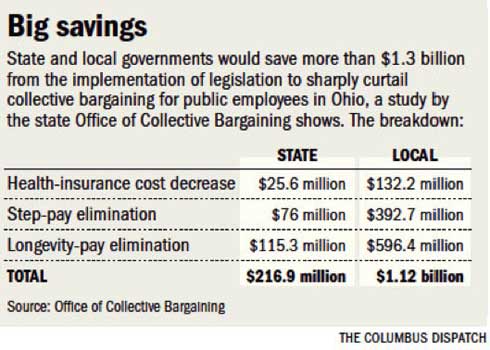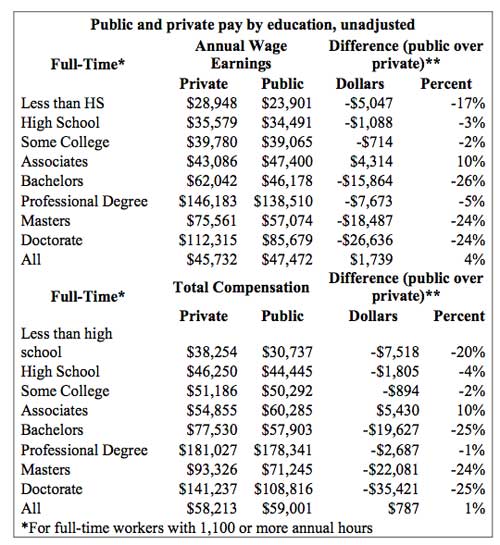Paul Krugman, in his NYT article today, analyzes cuts in spending at the state and federal level and says, regardless that, “Advocates of big spending cuts often claim that their greatest concern is the burden of debt our children will face. In practice, however, when advocates of lower spending get a chance to put their ideas into practice, the burden always seems to fall disproportionately on those very children they claim to hold so dear.”
Krugman says Texas “seems to be where America’s political future happens first,” and Texas is closing its big budget gap by cutting funding to programs that help poor children. He says, “While low spending may sound good in the abstract, what it amounts to in practice is low spending on children, who account for a large part of government outlays at the state and local level.”
Texas is proposing a 29% decrease in Medicaid and cuts to education that will require 100,000 layoffs of teachers and school workers.
The Center on Budget and Policy Priorities has analyzed the budgets of 36 states who have released their initial budget proposals for next year, and reports, “27 states plan to spend less in 2012, after inflation, than they did in 2008, and only two — Alaska and North Dakota — expect to spend significantly more. Total proposed spending would be about 10 percent below 2008 inflation-adjusted levels.” (Ohio’s Gov. Kasich will not make his budget proposal until mid-March.)
- At least 16 states have proposed identifiable, deep cuts in pre-kindergarten and/or K-12 spending.
- At least 23 states have proposed identifiable, deep cuts in health care. In Arizona, the governor’s budget would cut health care for 280,000 poor individuals. Washington’s governor proposes eliminating affordable health care for more than 60,000 low-income residents. Wisconsin’s governor also has submitted a plan to cancel health insurance coverage for about 70,000 people.
- At least 15 states have proposed major, identifiable cuts in higher education. Arizona would cut state support for public universities by one-fifth; when combined with previous cuts, this would reduce per-student state funding 46 percent below pre-recession levels. California’s governor proposes to reduce funding for the state’s two university systems by $1 billion. For one of those two systems, the University of California system, the cuts would bring nominal spending down to the fiscal year 1999 level — when the system had 31 percent fewer students than it does today.
- At least 14 states have proposed layoffs or identifiable cuts in pay and/or benefits for public workers.
Incredibly, additional tax cuts are planned in many states — and the revenue reduction from these additional tax cuts will lead to even more cuts in services to the poor and disadvantages. The Center’s report on 36 states with recorded budgets states, “Some governors — about one in six — are proposing large tax cuts, mostly for corporations.” For example:
- Florida’s governor proposes to cut the corporate income tax to 3 percent from 5.5 percent in the coming fiscal year — costing the state an estimated $459 million in fiscal year 2012 — and eliminate it by 2018. On the spending side, the governor proposes very large cuts in education, health care and other areas …
- New Jersey’s Governor Christie proposes a variety of tax cuts to begin in 2012, including reducing by 25 percent the corporate minimum tax paid by 93 percent of the state’s corporations and increasing to $1 million from $675,000 the amount that can be bequeathed to heirs tax-free. Taken together, these tax cuts will cost $200 million in fiscal year 2012; by 2016, the cost will have more than tripled to $700 million. At the same time, Christie has proposed substantial pay decreases for state employees, applied for a waiver from federal Medicaid rules that likely would reduce significantly the number of people with access to the program, and other state spending cuts.
In Ohio, regardless of an $8 billion budget gap, Governor Kasish is pushing for a 4.2% reduction in the state income tax and an elimination of the state’s estate tax.
























